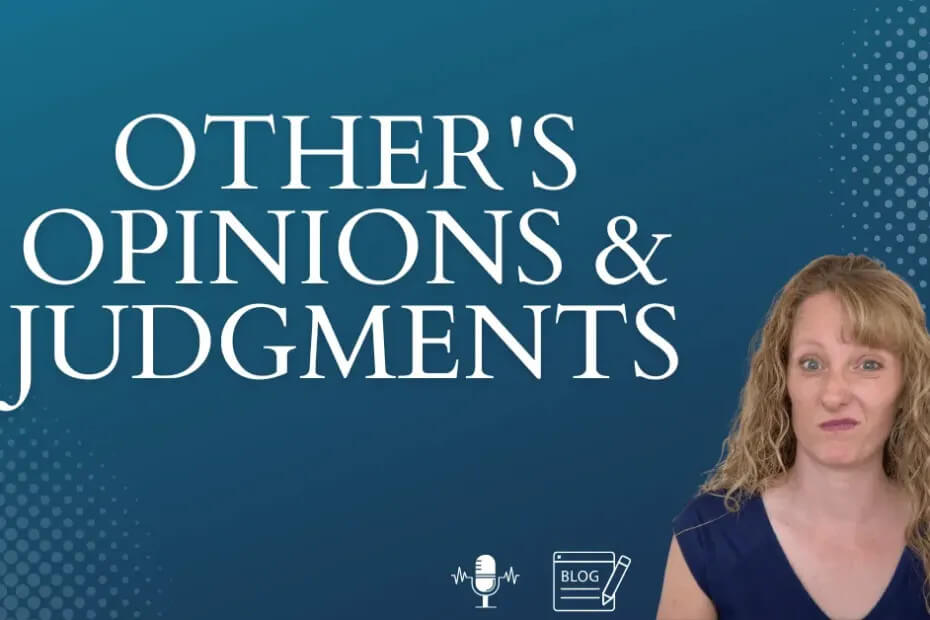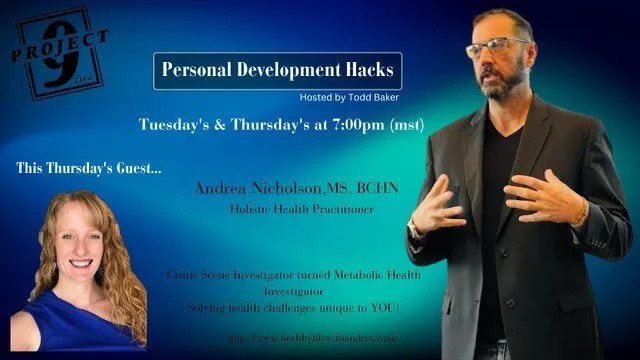
How to handle other people’s opinions
When it comes to making healthy lifestyle choices, it can be difficult to handle other people’s opinions, even strong ones, about what you are doing. They may tell you that your dietary choices are dangerous, unhealthy, too strict, or otherwise all wrong. If any of that is true, of course, you should listen and NOT go down an unsustainable, dangerous path. Achieving ideal health is never done through danger. However, if they’re misinformed and you know you’re following the right plan for you – based on significant research or working with a professional – then you know what’s best for you.
It’s important that you make decisions that are right for you and your individual needs. This is not to say that we should completely discount how our decisions impact other people…because these choices often do impact others in our lives. Knowing how to handle other people’s opinions, while still staying firm in the pursuit of your ideal health is essential in order to achieve your health goals while maintaining those valuable relationships.
Implementing healthy lifestyle behaviors is essential to living a happy, balanced, and fulfilling life. Making conscious, informed decisions about the types of foods you do and don’t eat, the amount and style of exercise you do daily, and overall how you treat your body, can help you live in peak physical and mental health. It’s important to recognize that this isn’t simply about diet and exercise; it’s about taking care of physical, emotional, and psychological needs.
The Challenges of Consideration
It can be difficult to make decisions that are best for you in the face of the judgment and opinions of others. Standing up for what you believe is best for you, even if it goes against the common advice or others’ opinions, takes courage – but it is a necessary step toward you achieving your personal goals. I won’t lie – it’s not easy to push through the fear of judgment and make a lifestyle choice that is right for you – but by doing so, you can create a strong foundation of healthy habits which will continue to serve you well now and throughout your life.
Implementing new lifestyle habits while giving consideration for other people’s opinions or how they will impact them, is important in maintaining those relationships. This does not mean you simply go along with their opinion, but you should take their feelings into account. Listen to their concerns. Explain why your plan is so important to you. Why this goal so impactful to you.
So often, my clients think their spouse, friends, or family members understand…but they really don’t. Other people aren’t in our heads. They don’t know exactly how we feel about something unless we tell them. In the end, you have to do what you need for your own health – even if they continue to disagree. That’s OK. They don’t have to agree with what you’re doing. It’s your life and your body. You don’t get to control how they feel about it, just like they don’t get to control what YOU do about it. You only have control over YOU.
What if they’re sabotaging you
If someone is intentionally sabotaging your nutrition or lifestyle choices, that’s a different story. That’s not OK. You have every right to set boundaries, be clear about what you need, and let them know which behaviors are not acceptable to you. It can be challenging to do this in a loving way while still maintaining the boundary, but it is possible. Having honest conversations and setting appropriate boundaries are essential steps to achieve this goal.
Boundaries aren’t about controlling their behaviors…they’re about you clearly explaining what will happen if they continue to behave in that manner around you. YOU have control over YOU and what you put up with or don’t. Make it very clear what you will and won’t allow from others and what you will do if they violate it.
Concerns are often about fear
Oftentimes, these concerns from other people have come from a place of fear; fear of losing you, fear of how your choices will change their life or relationship with you, or even fear of how they’ll have to change themselves. This is why it’s important to have these tough conversations and be very clear about how you feel. We all take actions based on feelings – even when we aren’t consciously aware of those feelings. Feelings that drive these kinds of concerns can be guilt, fear, sorrow, anxiety, depression, helplessness, insecurity, worry, or inadequacy. You can see how behaviors taken from these places will not lead to healthy outcomes.
These feelings are driven by thoughts in our heads. Those thoughts come up seemingly automatically – because we’ve said them to ourselves so many times – they seem like facts. They’re not facts. They’re stories we tell ourselves. This may look like “she’s going to leave me if she loses the weight”, “if he can get back to playing sports he’ll never be around”, or “if she starts feeling better, she won’t need me to take care of her anymore”. All of these thoughts – are NOT true – and you can see how they’d make you feel terrible. When you feel terrible, the actions you take (or avoid taking) are not in line with your best self. So, if your spouse, friend, or family member seems to be fighting you on your plan – it’s likely they have a sneaky thought causing them to feel terrible.
Having those tough conversations can clear up some of these fears. Explain how your life with them will be so much better when you’ve achieved this goal. It’s not about growing past them, becoming a totally different person, or not needing them anymore. Help them feel new feelings and generate new thoughts about this journey. You never know you might just inspire them to join you!
This is exactly what we do in Vibrant Wellness coaching. We strategize how to handle these tough situations, how to handle objections, and how to take action despite what other people think. If you’ve struggled to follow through with your plans because of other people in your life who disagree or won’t do it with you – you need to get into coaching. Let’s fix YOUR thoughts about this whole journey.






















0 Comments